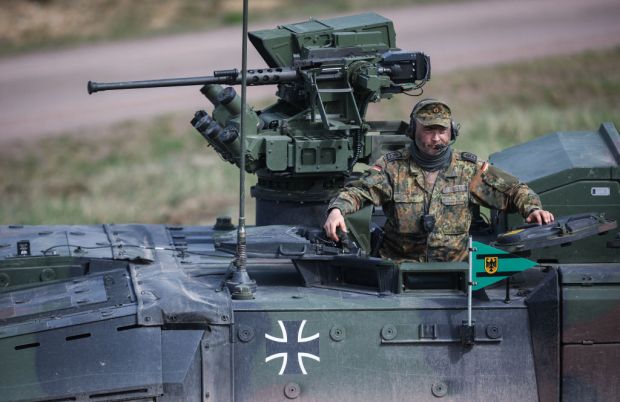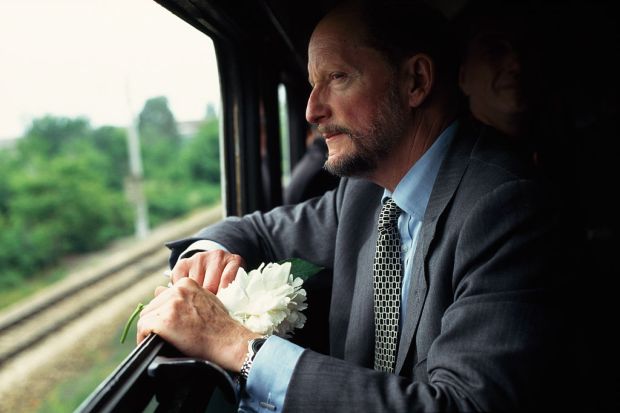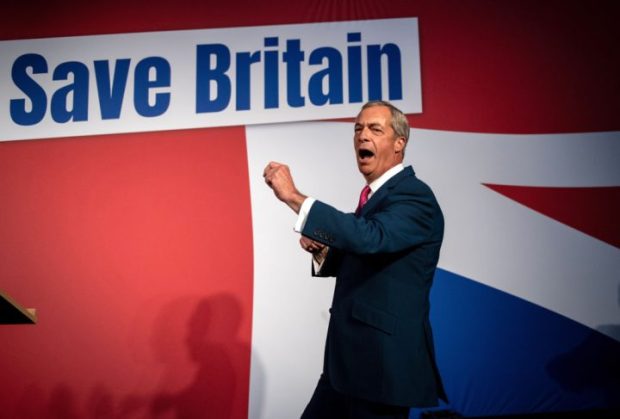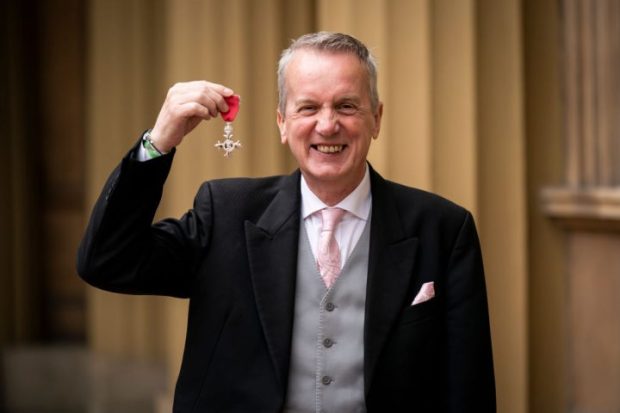At the height of the Cold War, it was Britain that appeared to be infested with Russian spies and moles. From the 1950s to the 1980s a series of security scandals, from the defections to Moscow of the Cambridge spies Burgess, Maclean and Philby, to the exposure of the Queen’s art advisor Anthony Blunt as a Soviet mole, made Britain in the eyes of her allies the weakest link in confronting Communist Russia.
Today, with a real war involving Russia raging in Ukraine, that dubious ‘honour’ belongs to Germany. The Daily Telegraph has named a man arrested in December on suspicion of supplying secrets to Moscow as Carsten Linke, a 52-year-old ex-soldier turned a top official in the BND, Germany’s equivalent of our foreign intelligence service MI6.
Linke’s technical expertise lay in signals intelligence or ‘sigint’ – and he is alleged to have had access to top secret data on the Ukraine conflict and passed on what he knew to his Russian handlers, meaning that information gleaned by the West on Putin’s invasion has been compromised.
Germany’s embarrassment at the scandal is compounded by the fact that Linke seemed to have been spotted not by Berlin’s own counter-intelligence spooks, but by its allies who realised from analysing data that there must have been a mole at work inside the BND and tipped them off accordingly.
The exposure of a suspected Russian mole near the top of Germany’s spy agency may be shocking, but it is scarcely surprising. Even before the collapse of Communist East Germany in 1989, the Federal Republic had been the top target for Moscow’s penetration operations. In 1961, Heinz Felfe, head of the BND’s counter-intelligence division, was exposed as a long-term Soviet sleeper spy.
A decade later, Gunter Guillaume, a top aide of West German Chancellor Willy Brandt, was also revealed to be a Communist spy, leading to his boss’s fall from power and the collapse of Brandt’s Ostpolitik policy of cosying up to the Soviet empire.
Cosying up to Russia continued to be a mainstay of German foreign policy even after the fall of the Berlin Wall and the reunification of the country. Gerhard Schroeder, Chancellor from 1998-2005, was on the boards of and was a passionate lobbyist for Russian energy firms, and has proudly boasted of his close friendship with Vladimir Putin. His open links with Russia caused Schroeder’s secretarial staff to resign en masse in March after Putin’s invasion of Ukraine.
Schroeder’s successor as Chancellor, Angela Merkel, who spent her early life in East Germany, deepened Berlin’s dependence on Putin’s oil and gas after she closed down Germany’s own nuclear power industry. After she was succeeded by Olaf Scholz, Germany had to be dragged kicking and screaming into severing or at least distancing itself from its close relationship with Putin’s Russia.
Scholz’s initial refusal to supply Germany’s Leopard 2 tanks to Ukraine – only reluctantly reversed last month – has spawned ‘Scholzing’ as a new word on social media, meaning promising much but delivering nothing
Germany’s reluctance to pull its considerable weight on the international stage stems from the dark days of its Nazi and Communist past. The inefficiency of its intelligence agencies is rooted in public distrust of state snooping because of the fearful history of the Nazi Gestapo and the Communist Stasi secret police forces. Meanwhile this week’s 80th anniversary of its great defeat at Stalingrad raises uncomfortable memories of the last time that Germany confronted Russia on the field of battle.
For all its economic strength and its impeccable present position as a bastion of liberal democracy, Germany still has to learn that power should be accompanied by responsibility. It is high time for it to make its armed forces and intelligence agencies ready to defend a sovereign state against a barbarous attack by a false former friend.
Got something to add? Join the discussion and comment below.
Get 10 issues for just $10
Subscribe to The Spectator Australia today for the next 10 magazine issues, plus full online access, for just $10.



















Comments
Don't miss out
Join the conversation with other Spectator Australia readers. Subscribe to leave a comment.
SUBSCRIBEAlready a subscriber? Log in